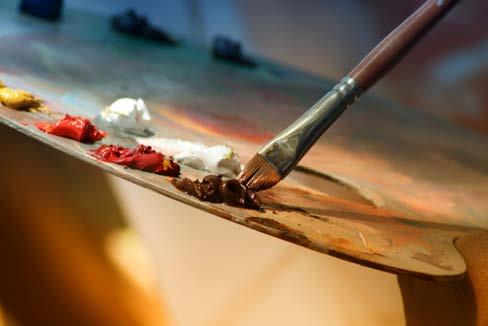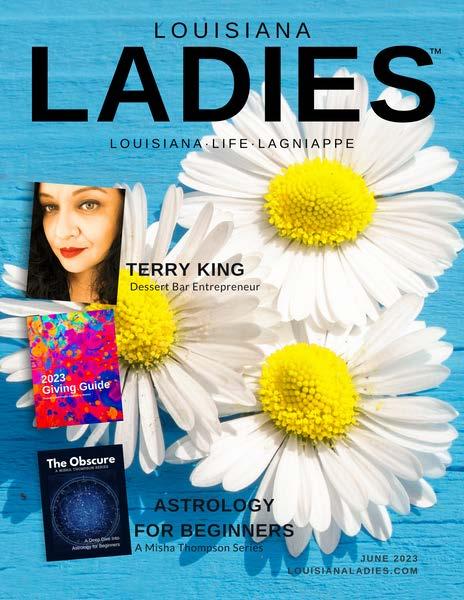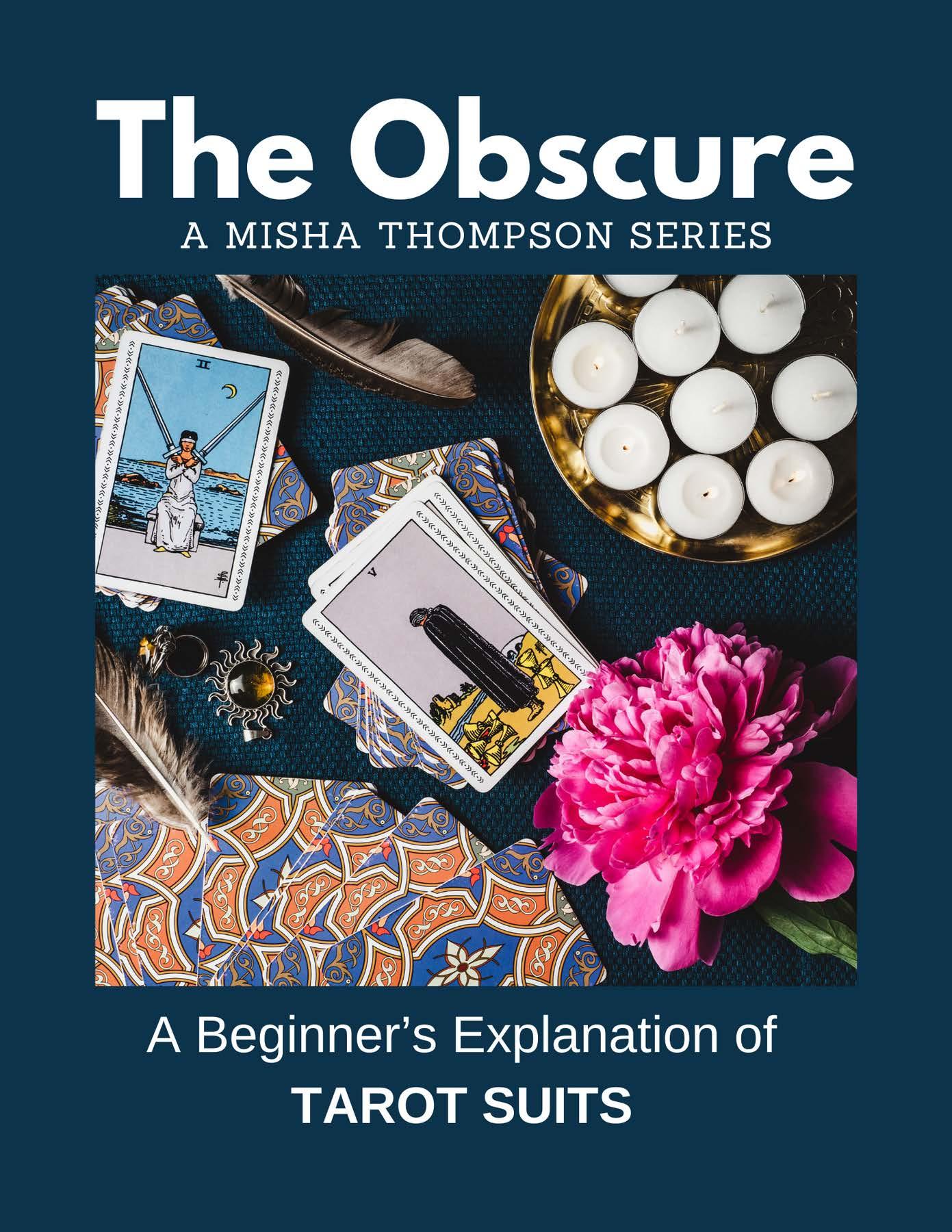
2 minute read
Our Gifts & Talents
by Odessa Held
Intellectual self-care is what we focus on when we take part in activities and events that stimulate learning and personal growth. You’ll likely enjoy this if you like reading, pursuing hobbies, and gaining new skills.
Advertisement
"The rain began again. It fell heavily, easily, with no meaning or intention but the fulfillment of its nature, which was to fall and fall." -
Helen Garner
I read this quote and the words ‘fulfillment of their nature’ stood out to me. What does that mean? I pondered the question, wondering if our ideas, the things we pursue, and the things we’re passionate about are a part of our journey to the fulfillment of our nature.
For me, the answer is yes, because part of our nature, our being, is to have natural talents and curiosity about topics that pique our interest. These can range from artistic pursuits like acting, singing, and music, and even fall somewhere in the world of science, business, or sports. Pursuing interests, improving skills, and learning to have a better understanding of any topic are all steps toward personal growth and intellectual self-care.
Does that mean you shouldn't pursue an interest in something you don’t have a natural affinity for? Not at all! You should remember and recognize the potential within yourself to cultivate new skills and pursue studies, projects, and hobbies that challenge us in new ways. Expanding your knowledge and areas of interest can be an important part of your intellectual self-care process.
For example, if I don't enjoy cooking but decide to learn more about a particular type of cuisine or method of cooking I'm allowing myself to learn something new and I might even find a new hobby to enjoy. Is it likely that the things I learn will have some level of interest to me? Absolutely.
Could it be that I still don't enjoy cooking even after I've spent time learning about cooking methods and styles? Again, absolutely!
Having the knowledge and ability to do something doesn't mean you will enjoy it. Sometimes, intellectual growth happens within the journey, despite the result, and you've learned something new along the way.
Intellectual Self-Care Ideas
Take a class on a topic that interests you.
Watch a how-to video to learn how to cook something new.

Choose a musical instrument and learn to play.

Write a short story.
Do a crossword puzzle.
Contribute to a community project.
Watch a documentary about sharks.
Learn about the history of the town you live in.
Start a novel.
Build a model car.
Learn about an exotic plant or flower.
Try a hobby you've been interested in but haven't pursued.
Attend a lecture or presentation.
Visit a museum or an aquarium.
Learn to change the tire on your car.
Attend a play or performance.

Travel to somewhere you've never been.

Talk with someone new.
Read a book on philosophy.
Create a work of art.
Learn about a band or artist.

Book Of The Month
Start Where You Are
Start Where You Are is an interactive journal designed to help us nurture creativity, mindfulness, and self-motivation.


Created by Meera Lee Patel,
this book is filled with vibrant handlettering and images that have attracted a large following for her stationery and textile line in boutiques across the country.
In this book, you will discover prompts and exercises along with inspirational quotes to encourage reflection through writing, drawing, chart-making, and more.






by Misha Thompson







